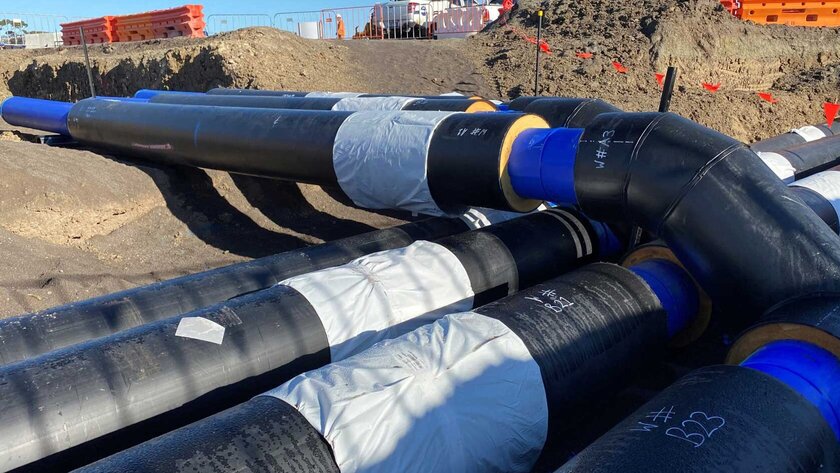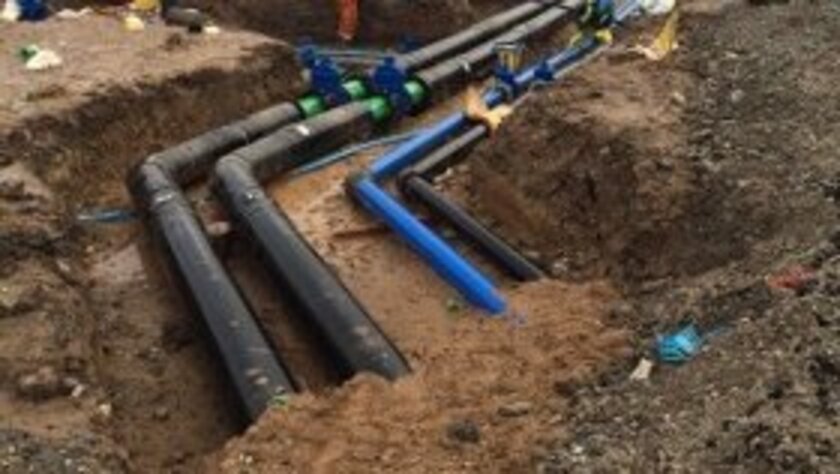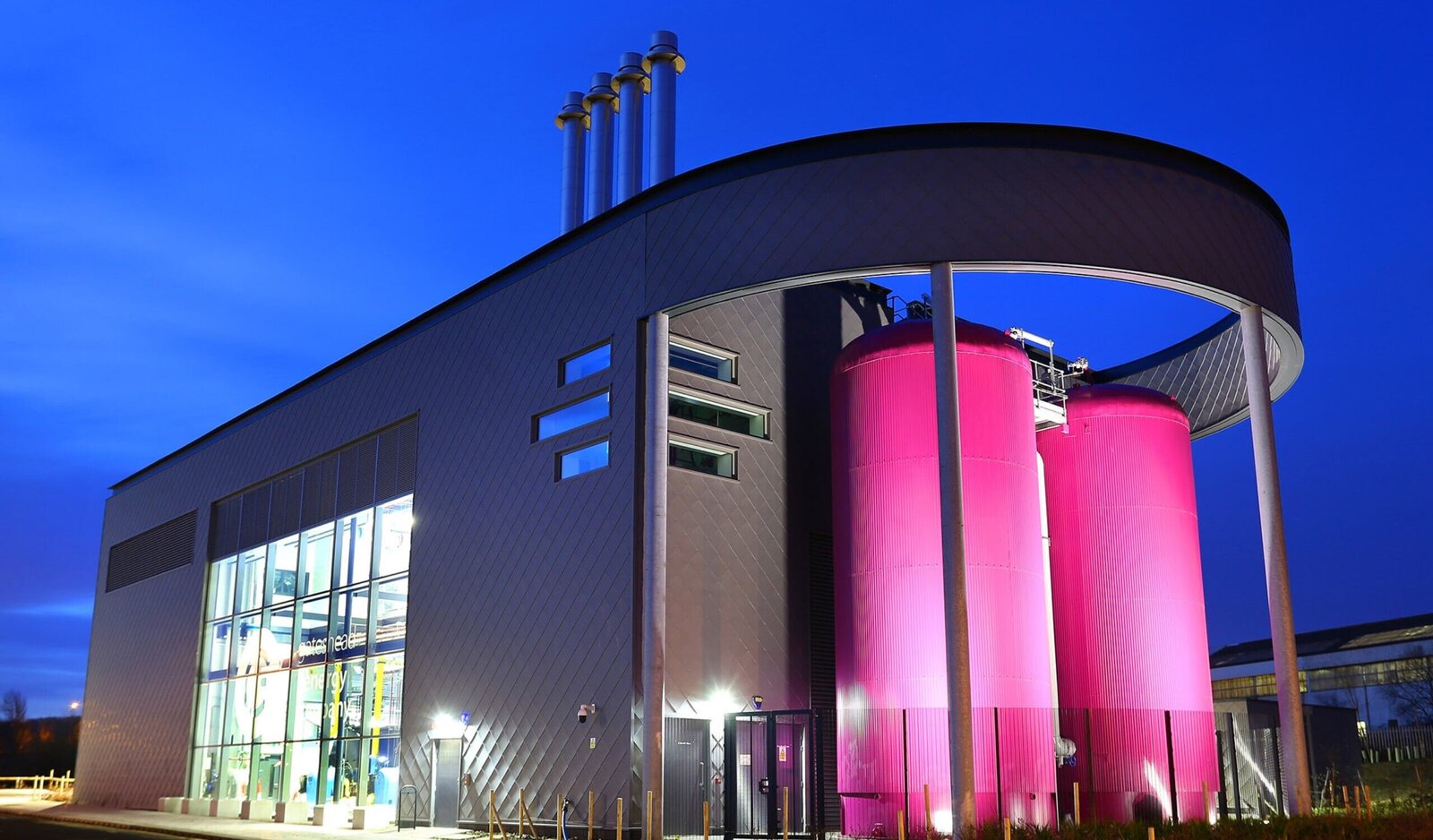Why Heating and Cooling Networks Are Key to Sustainable Energy Solutions
Heating and cooling networks are playing an increasingly vital role in modern energy systems. These centralized systems efficiently supply heat for heating and hot water or cooling for air conditioning to multiple buildings, even entire cities or urban areas, through underground pipelines.
The benefits are clear: centralized heating and cooling systems reduce energy waste and streamline infrastructure. Unlike traditional district heating and cooling, local heating and cooling networks transport water over shorter distances. This results in lower heat losses, reduced energy consumption, and lower operating temperatures.
One of the major advantages of these networks is cost-efficiency. Investment costs are significantly lower compared to installing individual building systems. Moreover, the central system’s high efficiency further enhances savings.
Choosing the Right Piping System is Crucial
For optimal performance, the correct piping system is essential. It ensures durability, energy efficiency, and reliable delivery of heating or cooling. Whether you’re planning a residential or commercial network, investing in the right piping solution can make all the difference in the system's long-term efficiency and cost-effectiveness.
By leveraging heating and cooling networks, cities and communities can take significant steps towards a more sustainable and energy-efficient future.



